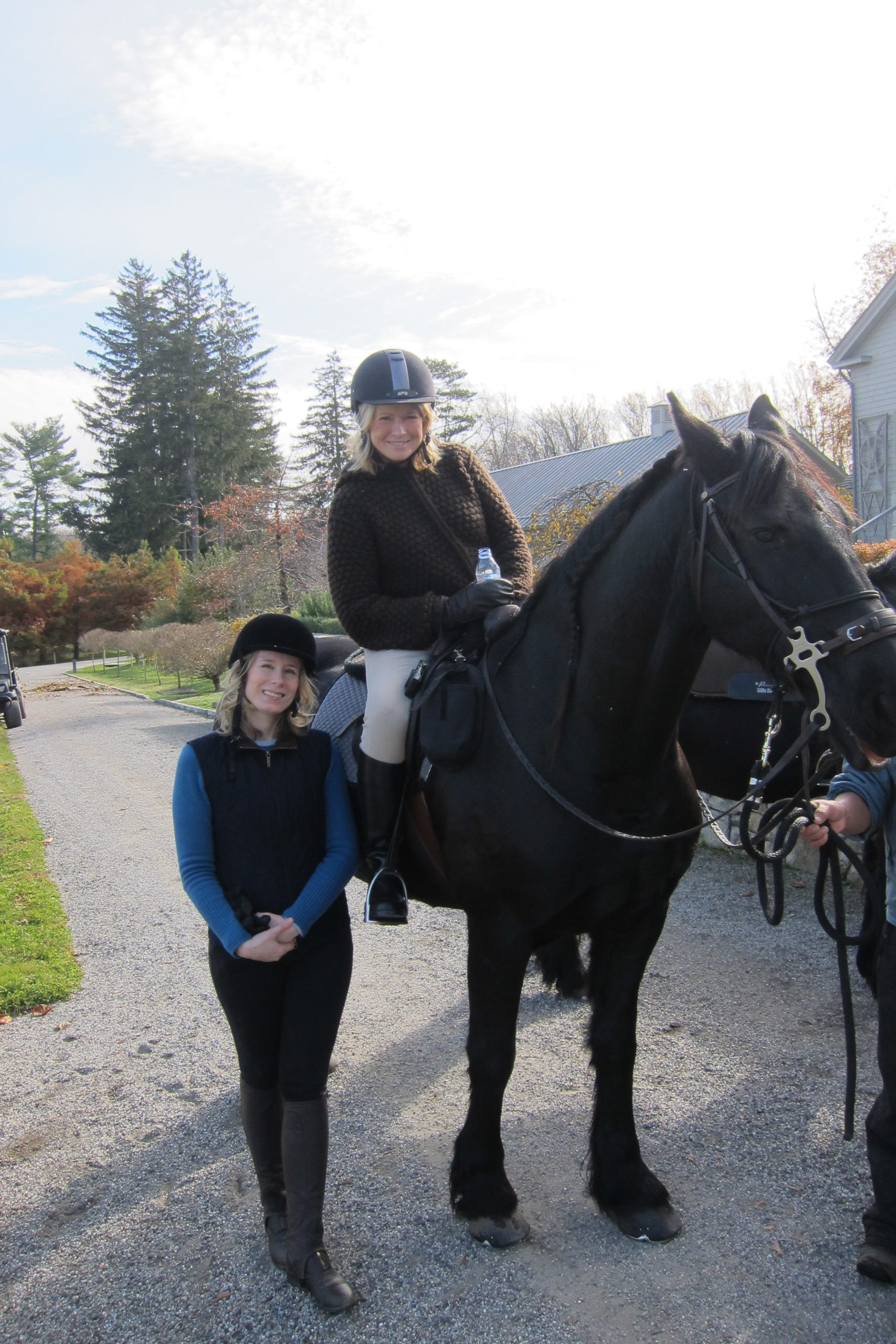ABOUT ME
I have always loved words. In school, DEAR (Drop Everything and Read) time was the best part of my day, tied with diagramming sentences. At home, from my twin, who studied Latin, I learned how knowing prefixes and suffixes can help us decipher word meanings. I still remember her blowing my mind by telling me that ‘pen’ means almost, thus a peninsula is almost an island. In my first poetry classes at Binghamton University, from which I got a BA in Spanish Language and Literature, the professor taught us the word penúltimo. I knew it must mean almost last—and it does—or, more specifically, second to last, in literary terms.
After graduating, I worked for many years writing how-to articles for Martha Stewart Living magazine and then producing segments for Martha’s television show. I learned and did all sorts of fun things: crafted with Elmo and Big Bird, rode Icelandic horses with the First Lady of Iceland, spent an afternoon with Maurice Sendak, and honed my crossword puzzle solving techniques with Will Shortz, The New York Times’ crossword puzzle editor.
My second career, tutoring the SAT and ACT, combines my passion for languages, learning, and teaching. My goal is for my students to develop reading and writing skills that will serve them their entire academic careers and beyond. I love when kids realize that the skills they once found difficult have become second nature. My hope is that after working together they will be so well prepared for the test that taking it feels almost like a game!

